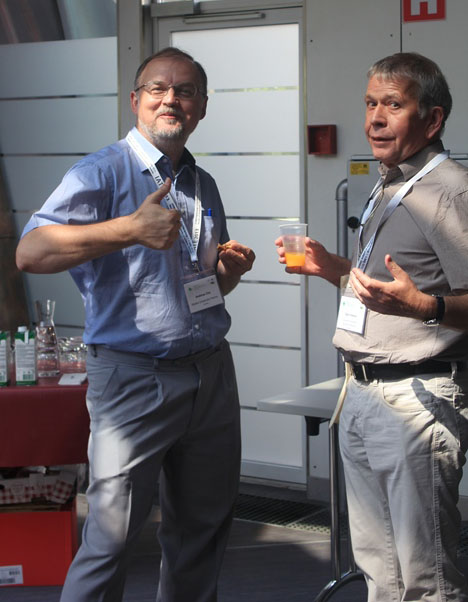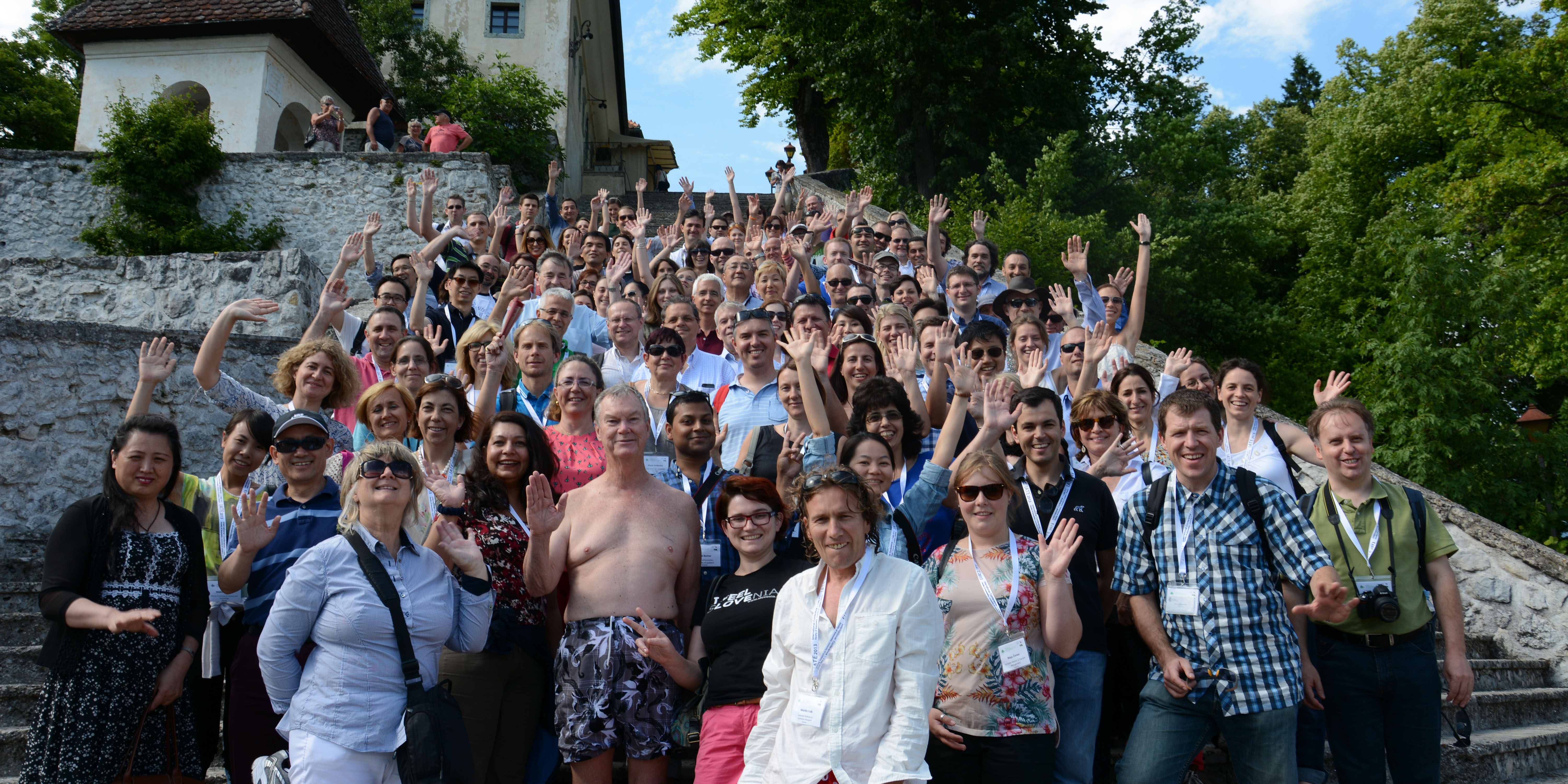Tourism and Economics: a relevant topic of research?
July 19, 2013
Do travelers using low-cost airlines spend more at the destination? Do investments/public subsidies into tourism reduce poverty to a larger extent compared to those in agriculture? What effect do visa restrictions have on tourism sector impact on GDP? Do exchange rate volatilities and the economic crisis affect tourism demand in certain destination countries?
These were the questions discussed at the International Conference of the International Association for Tourism Economics this July in Ljubljana, Slovenia. Four MODUL University faculty members, Prof. Andreas Zins, Prof. Egon Smeral, Asst. Prof. Irem Önder and Researcher and Lecturer Bozana Zekan attended this conference where more than 130 scholars from 33 countries of all continents met for four days.
 Prof. Zins presented two topics: first, an investigation into repeat visit behavior and probability by the example of international travelers to Portugal using Ehrenberg’s Theorem and second, the development of an innovative measure of city destination attractiveness using revealed and stated preferences for almost 100 European cities and the application of the exchangeability measure for city destinations proposed by Prof. Martin Lohmann.
Prof. Zins presented two topics: first, an investigation into repeat visit behavior and probability by the example of international travelers to Portugal using Ehrenberg’s Theorem and second, the development of an innovative measure of city destination attractiveness using revealed and stated preferences for almost 100 European cities and the application of the exchangeability measure for city destinations proposed by Prof. Martin Lohmann.
Asst. Prof. Önder presented a study that she conducted together with Prof. Smeral about identifying the most appropriate univariate forecasting method using monthly data to estimate tourism demand in Vienna.
Ms. Zekan presented her ongoing PhD research about benchmarking the performance of city tourism organizations. In the absence of a generalizable model of which factors contribute most to the competitiveness and success of a destination, this investigation tries to find consistent answers from the destination managers’ perspective.
This latter question is such a focal point for the tourism sector and particularly to policymakers related to tourism, that the conference organizers opened the conference with the first keynote speaker, Ms. Thea Chiesa, head of Aviation, Travel and Tourism Industries of the World Economic Forum (WEF) who spoke on the “Challenges of developing 2013 T&TC index and implications for destination competitiveness”.
For many years now, the worldwide ranking of countries has been based on the aggregation of a number of indicators where each indicator enters the index by the same weight (= same influence on the overall competitiveness). Many scholars disagree that this approach can be considered as an unweighted index. Again, in the absence of a clear understanding of the underlying mechanisms that yield to destination competitiveness, it was argued by the WEF that the current approach is the one which is the least conflicting to date. However, it was also announced that WEF will re-open the discussion on developing an improved methodology for future reports in fall 2013.
The next installation of the bi-annual conference will be held in 2015.





